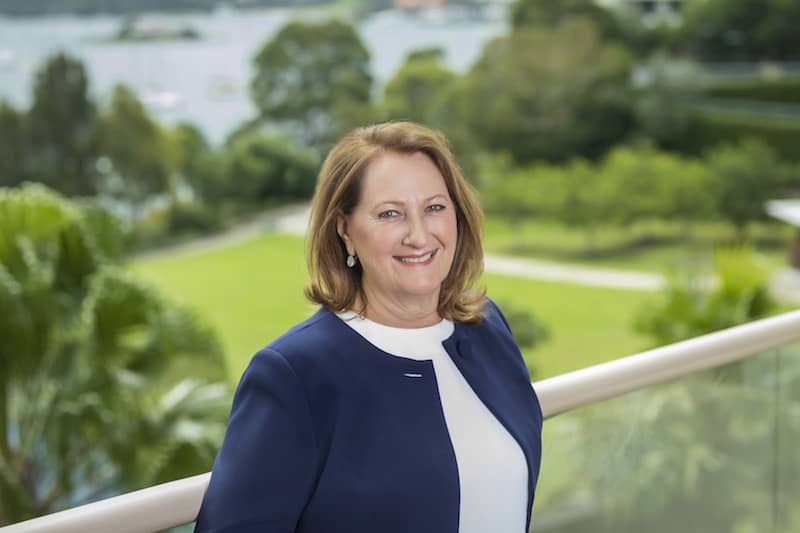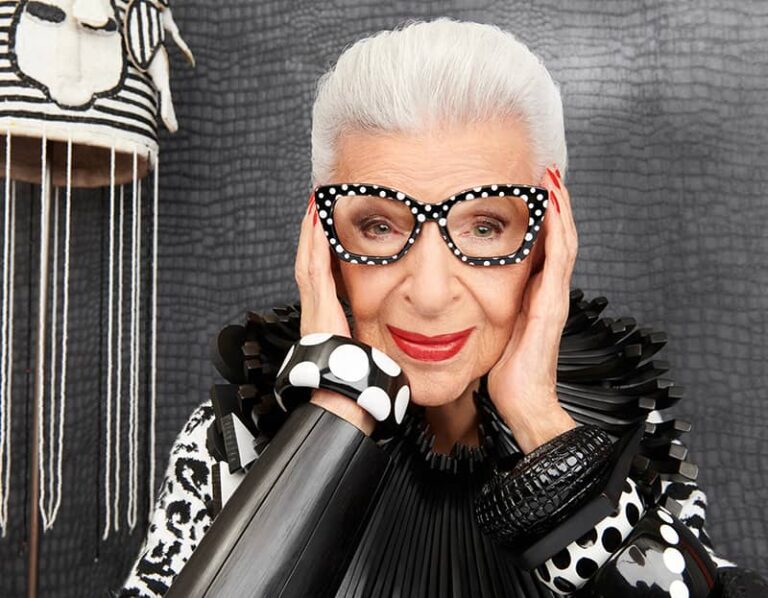“Mostly people go to work to do a good job. And the way they can do a good job is if they feel that their capabilities are a good fit for the task, and that they have a level of control over the way they work with that task,” says Merryl Semple, Director of Insync Consulting.
“Like an athlete, people can work hard under pressure, but they have a zone of peak performance, beyond that they can’t work any faster or harder, there’s no more mental, physical or emotional energy they can provide. It’s at this point that they need a period of rest and recovery. Unfortunately, often in the modern workplace there is no such recharge period. The work keeps piling up and the deadlines get tighter and we find ourselves not thriving on the challenge but reacting to them and experiencing fatigue and eventually burnout”.
Churn and burn
Prior to running her own consultancy business for leadership development, and facilitating resilience in the workplace, Semple found herself in burnout mode.
“I know how destructive burnout is on mental and emotional health, on our ability to perform at work and how it disconnects us from relationships”, says Semple.
In a former management role she was responsible for leadership development in a large agency. Initially she thrived on the challenges but over time the portfolio grew, the deadlines became tighter, the projects expanded, and she realised she was drowning emotionally, mentally and physically.
“My coping strategy was to shut my emotions down so I didn’t feel overwhelmed, didn’t feel out of control, didn’t dare to feel helpless; in what essentially was a survival mode, to conserve my energy I withdrew from people. I became reserved, fatigued and lost all sense of joy in life. All my vitality was sucked away by the burden of burnout”.
When she left the organisation she was able to see clearly that churn and burn is a real phenomenon and it’s the death of vitality and engagement in an organisation. “I learnt what is needed to keep the workforce energised under pressure and enable people to embrace challenges and remain engaged”.

Signs of burnout
Semple says the first sign that you are losing control is that you find yourself letting things slip.
“Usually what we let slip first are relationships because we have such due diligence to perform at work, so we let relationships suffer. On Friday night you may not meet a friend for dinner because you are too tired, or you say to your partner ‘you take the kids to the park because I’ve had a rough week’. So the very things that would energise you like fresh air, exercise and socialising you give away because you are too tired. That’s the first sign that things are not going well”.
Strategies to recharge
Semple’s programs help you to recognise that when you are giving away the things that are important to you, that is the time to put into place strategies that help you recharge.
“Sometimes you have to ask for support, sometimes there needs to be robust conversations in the workplace about what’s possible, rather than just keep on taking on more tasks. If you don’t put in strategies for emotional support then you can go on a downward spiral where you go from being tired to fatigued, then from sickness to illness . The more tired you become, the less productive you become. In my case I withdrew from people because I no longer had any energy for connecting with others.. Because it was an emotional effort to do anything other than getting the job done.”
The focus of Semple’s work is to build a resilient workforce that enables people to be calm under pressure, to know how to keep mental and emotional buoyancy in the midst of challenging circumstances and to learn how to build resilience in the moment.
“For me resilience is emotional buoyancy, mental clarity and connection. If you have those three things you feel good about life and you feel you have a greater sense of control”. Semple finds that most people can’t wait for the day to finish, or the weekend to come, a time in the future to restore their health and wellbeing. Her work focuses on the need to do something the moment you start to feel emotionally drained. “My work teaches people to pay attention to emotional slides, if your energy is feeling drained, do something right then and there to boost your vitality. Simple stretch breaks work. Nutrition is important, step away from your desk and eat lunch. Go outside and walk for ten minutes. It’s emotional tension that drains your energy and vitality. Connect and collaborate. Seek support. Build a habit of self-care moment by moment. When you focus on releasing tension in your body you achieve greater mental clarity and you are more productive”.
Pandemic Impact
The economic impact of Covid-19 has deeply affected many workplaces due to increased anxiety and fear because of economic uncertainty, and social disruption with lockdowns.
“It has been difficult for many people to deliver work productively, as well as manage home affairs and relationships. And of course certain industries were hit hard with unemployment” says Semple.
“However I can see that it’s also brought us closer to each other; recognising the humanity in all of us and we’ve softened our professional demarcations between home and work. In lockdown, we saw children interrupting zoom calls; heard dogs barking in the background; we saw inside people’s homes, accepted interruptions; we empathised with the demands of working from home, doing home schooling, managing conflicting work commitments, that people sometimes needed support and that mental health was important. All of this is building inclusion, trust and respect; an acceptance of the rhythms of life. Flexible workplace arrangements, like working from home, have morphed into living while working.”
As we move into post-Covid environment, Semple says there is a calling for leaders who respect those in charge of delivering their results.
- Leaders who listen, acknowledge and support.
- Leaders who can connect with others through compassion and optimism.
- Leaders who don’t blame but seek to energise creativity and engagement through ensuring clarity of direction, a sense of belonging.
“A lot of people are fatigued from the stress of 2020. There’s a low energy because they are still working out what the future is because it’s not clear. As long as the leadership message is inclusive p, people will feel buoyed by this.”

Emotional Intelligence
In a broader sense, Semple believes everyone can benefit from learning the skills of emotion regulation.
This involves paying attention to your emotional response to a circumstance and whether or not it’s working for you. If your emotional response for example, is shutting down emotionally, continually rehashing the drama of a situation, blocking mental clarity or disconnecting you from others, you – and your work – will benefit from a different response such as letting the physical tension go, taking a big picture perspective or talking to someone you trust.
“This will give you mental clarity and emotional buoyancy for the challenges of delivering results” says Semple.

Smart Thinking
Having worked in the field for over 15 years, Semple is seeing some positive changes in the workforce.
“When I started my consultancy business people were wary of the concept of emotional intelligence and very few factored in fatigue management if you were stressed it was your problem. But workplaces are now realising the importance of health and wellbeing”.
Semple says the other change she has noticed is that mindfulness as a movement has become more prominent because it’s now supported by neuroscience.
Going forward, she believes collaboration will play a more important role in the workplace. “Traditionally there were clear roles and demarcation, but increasingly people are reaching out for support, mentorship, connection and collaboration for innovation and solution thinking”.
Now more than ever we need a resilient workforce.
“A resilient workforce has energy and vitality fuelled by passion for their work and optimism about the future” says Semple. “It’s important because a resilient workforce can ride the waves of ambiguity and uncertainty with emotional buoyancy. They remain engaged even in uncertainty because they trust in the direction of the organisation and feel that they belong”.






